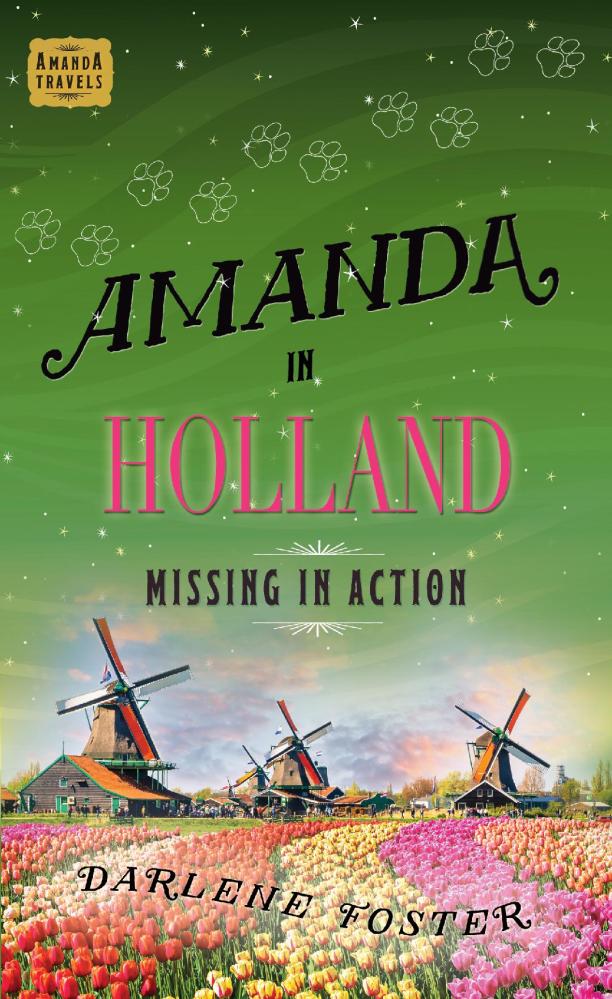Please welcome Pat Garcia on ‘Writer’s Treasure Chest’. I’m very proud to have this wonderful author, poet, singer and friend on my blog, and I thank her so much for being my guest today.
Welcome!
Please introduce yourself?
I am Pat Garcia. That’s my pen name. I write fiction, non-fiction, poetry, and Lyrics, and I sing and play piano.
1. When did you start writing?
I started singing when I was three and started writing when I started school at the age of five.
2. What motivates you to write?
My raison d’ etre. It my purpose for living.
3. What genres do you write in and what made you choose this particular genre?
I write in several genres that are important for me. Romance to include Romantic Suspense, Women Fiction, Erotic and non-fiction I love writing creative non-fiction
4. What is your goal in writing? Do you have dreams where your writing should take you?
My goals and my dreams are very personal and private, so I am not going to share them.
5. Do you ever suffer from writer’s block and if yes, how do you deal with it?
There are times when I get stuck and when I do get stuck, I start on something else, or I write in my journal or I stay with the same story and just write until I find a spark.
6. What advice would you like to give new, hopeful authors?
To not put a time table on what you want to achieve. In fact, I would advise them to not be so quick to share their souls with others. There are some things that the writer has to keep to himself.
7. Please, tell us about your work.
We are coming out of lockdown here in Germany. During the lockdown, I wrote. I submitted two stories to two different publications, started working at THE PIPELINE, which is an RRBC International online literary magazine as the chief staff writer, and now, I am finishing up a submission for another writing contest and a novella that will come out in 2022.
Thank you for being my guest. It was such a pleasure to have you here!!
Meet Pat Garcia:
Born in Blythe, Georgia, USA, Pat Garcia enjoys writing, music, and games like Bridge, Solitaire, Bid Whiz, Chess, Checkers, and Knitting.
She lives as an ExPat on the European Continent.
Connect with Pat Garcia
Facebook.com- Facebook.com/patgarciaauthor
Twitter – @pat_garcia
Blog – http://patgarciaauthor.com
Instagram – https://instagram.com/pat7garcia
Pat Garcia’s Book:
Turn The Light On – Kindle edition by Garcia, Pat, Publishing, 4Wills. Literature & Fiction Kindle eBooks @ Amazon.com.















 on Fiction University:
on Fiction University:


You must be logged in to post a comment.